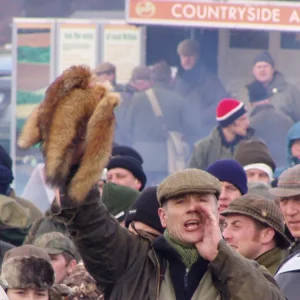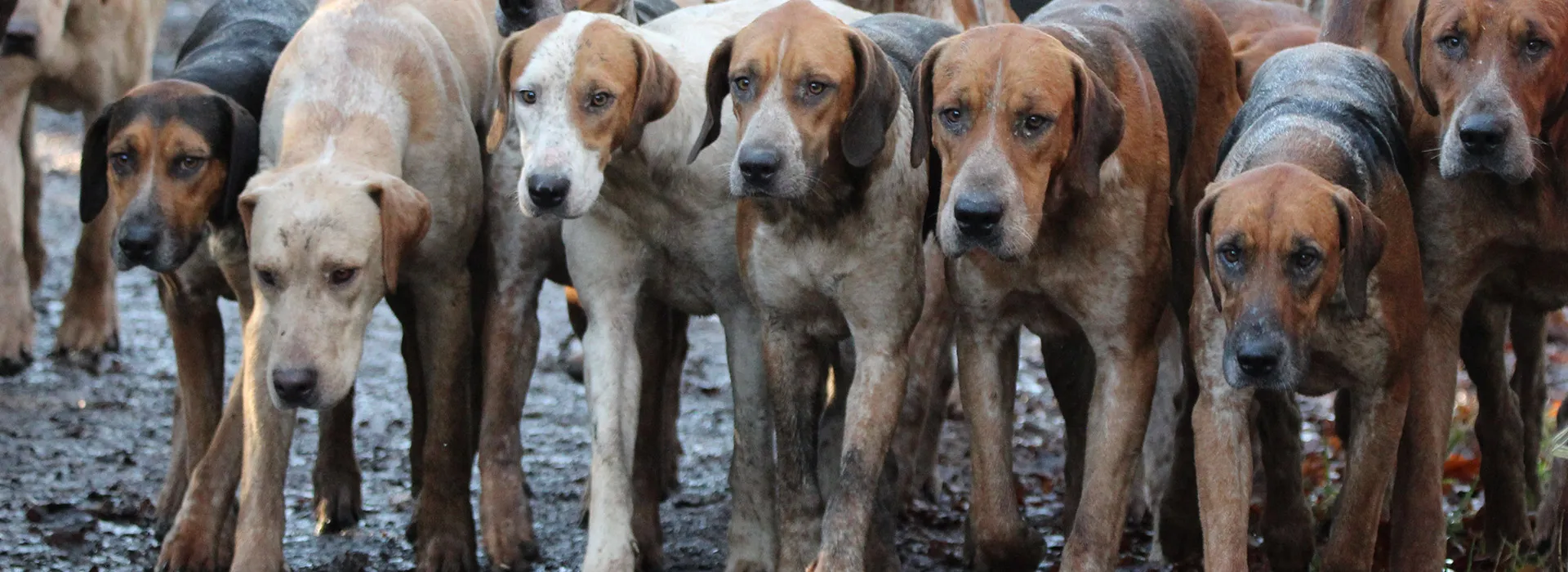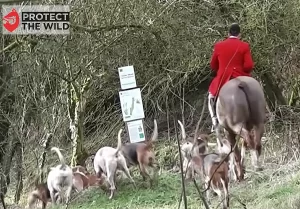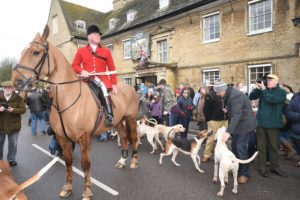A gamekeeper who kept a fox captive in a brick shed – allegedly so it could be hunted – has been found guilty of an animal welfare offence.
Nigel Smith has never explained why he kept the fox captive at the Buckminster Estate in the East Midlands.
However, he was filmed going to retrieve it – carrying a net and a bag – on the day the Belvoir Hunt were due to meet nearby.
Smith, 60, was fined and ordered to pay costs totalling £1,640.
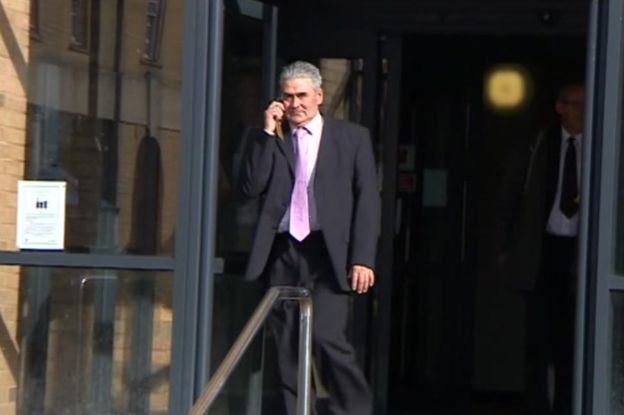
He was also disqualified from keeping foxes, or being involved in it, for five years.
District Judge Peter Veits told Smith: “Whatever the true motives, it is clear that fox hunting in this country by dogs is unlawful.
“The country expects people to abide by those laws and make sure foxes are not hunted by dogs.
“Having them torn apart by dogs is something that is viewed by Parliament as unlawful and we all have to respect the law.”
The BBC has asked the Belvoir Hunt and Smith’s employer, the Buckminster Estate, to comment.
How was the fox rescued?
The BBC also asked Smith if he wanted to explain why he was keeping the fox captive but he declined to do so.
The judge said he had drawn an “adverse inference” from the fact that Smith did not give evidence at his trial.
He found him guilty of not ensuring the welfare of the fox, by failing to provide it with a clean and safe environment, sufficient space, ventilation, temperature control, fresh food or sufficient water.
Smith was not charged with any offences relating to fox hunting, and nobody from the Belvoir Hunt has been charged with offences.
How was Smith caught?
The League Against Cruel Sports set up cameras and arranged to retrieve the fox the day before the hunt. These cameras caught a man, later identified as Smith, visiting the fox on 16 December.
Mr Cunnington returned with two colleagues later on 16 December and rescued the fox, but left the cameras in place.
The cameras then caught Smith returning to the shed with a net and a bag on the Thursday – the day of the hunt – going inside, discovering the fox had gone, then coming out again while scratching his head.
The footage was passed to Lincolnshire Police, which carried out an investigation.
Why was Smith keeping the fox?
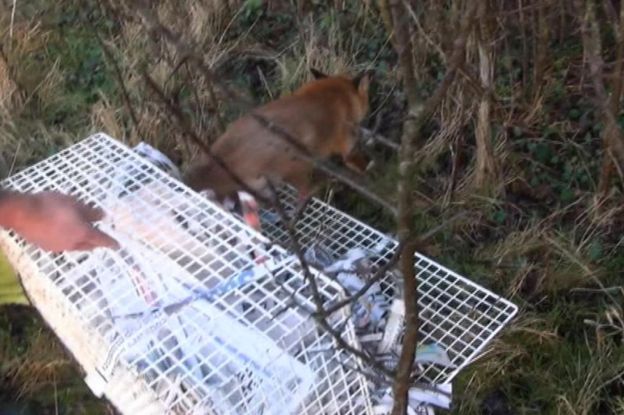
Police arrested Smith but he repeatedly refused to answer questions when interviewed.
PC Aaron Flint asked him: “Are you willing to tell me why you had that fox in the building?”
Smith replied: “No comment.”
PC Flint: “Has somebody asked you to catch that fox for them?”
Smith: “No comment.”
PC Flint: “Have you got that fox as a pet?”
Smith: “No comment.”
PC Flint: “Would you generally keep a fox as a pet?”
Smith: “No comment.”
Was anyone else involved?
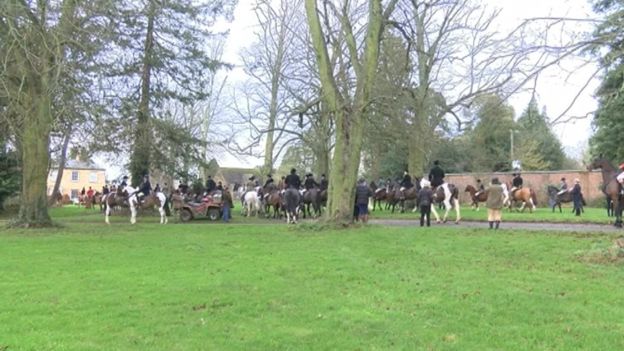
Smith was asked if he had any links to the Belvoir Hunt or Belvoir Estate and he again replied: “No comment”.
PC Flint asked: “Were you going to give it to one of the members of the hunt?”
Smith replied: “No comment.”
The judge told Smith: “You chose not to give evidence today so we will never know whether you were keeping this fox for a protective reason or whether you were keeping it for an unlawful purpose, to be used in a hunt on that Thursday.
“We shall never know whether you acted alone or whether you acted with the understanding or acquiesce of your employers. We will never know because you haven’t told us.”
Hunt Details:
Belvoir Hunt
Source: BBC News


